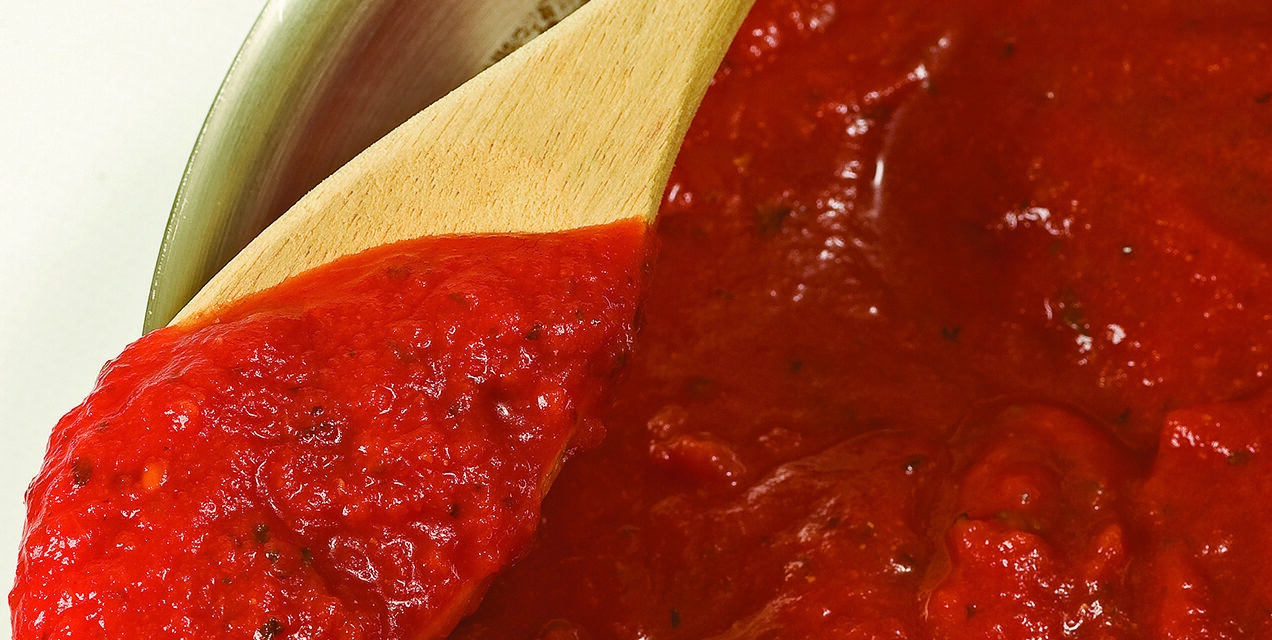Childhood obesity poses a serious threat to the long-term health of kids across the globe. According to the World Health Organization, 39 million children under the age of five were overweight or obese in 2020. This means tens of millions of kids around the world are facing a serious and potentially chronic health problem before they even begin kindergarten.
The data pertaining to childhood obesity is undoubtedly alarming, but the good news is that obesity is preventable. Parents can provide nutritious foods for children and help them establish healthy eating habits at an early age, which could lay the foundation for a lifelong commitment to eating right.
One of the issues parents may encounter when planning kids’ diets is sugar hidden in seemingly healthy foods. Johns Hopkins Medicine notes that excess sugar consumption is associated with an elevated risk for cardiovascular disease. Sugar consumption has long been linked to obesity, which is one reason why the WHO recommended in 2015 that individuals get less than 10% of their daily calories from sugar. On the surface, it may seem simple for parents to heed that warning from the WHO. However, various foods and beverages, including ones that kids typically love, are hidden sources of sugar. Identifying those foods and avoiding them, or choosing versions that are not high in sugar, can help kids maintain a healthy weight.
- Cereals: Parents may fondly recall overindulging in cereals with popular cartoon mascots on the box as kids. No matter how much nostalgia such memories may generate, parents must resist the temptation to recreate them for their own children. That’s because many popular cereals marketed to children are loaded with sugar. However, even seemingly healthy cereals could be loaded with sugar. Read nutrition labels before buying cereal for kids. Johns Hopkins Medicine recommends choosing cereals with 10 to 12 grams or less of sugar per serving.
- Beverages: Sugar-laden beverages like sodas, certain juices, and even some flavored waters increase kids’ risk of being overweight or obese. Encourage youngsters to drink more water and only serve sugary beverages on special occasions.
- Packaged fruits: Here’s another food that appears healthy on the surface but could be anything but. WebMD notes that a one-cup serving of mandarin oranges in light syrup contains right around 39 grams of sugar. Offer fresh fruit in lieu of packaged fruits.
- Sauces: Many kids look forward to nights when pasta is the main course at the dinner table. But even parents who serve whole grain pastas could be unknowingly serving up a sizable amount of sugar if they aren’t careful about which brand of sauce they buy. Some pasta sauces contain as much as 12 grams of sugar per half-cup serving. Barbecue sauces also tend to be high in sugar, which underscores the importance of reading labels before serving up saucy meals.
Childhood obesity is preventable, especially when parents learn to identify hidden sources of sugar that could be putting kids’ health in jeopardy.












